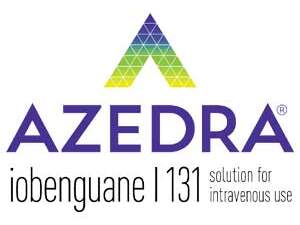New antiplatelet drug Kengreal approved by US FDA
FDA approves new antiplatelet drug used during heart procedure – The U.S. Food and Drug Administration approved Kengreal (cangrelor), an intravenous antiplatelet drug that prevents formation of harmful blood clots in the coronary arteries, the blood vessels that supply blood to the heart.


